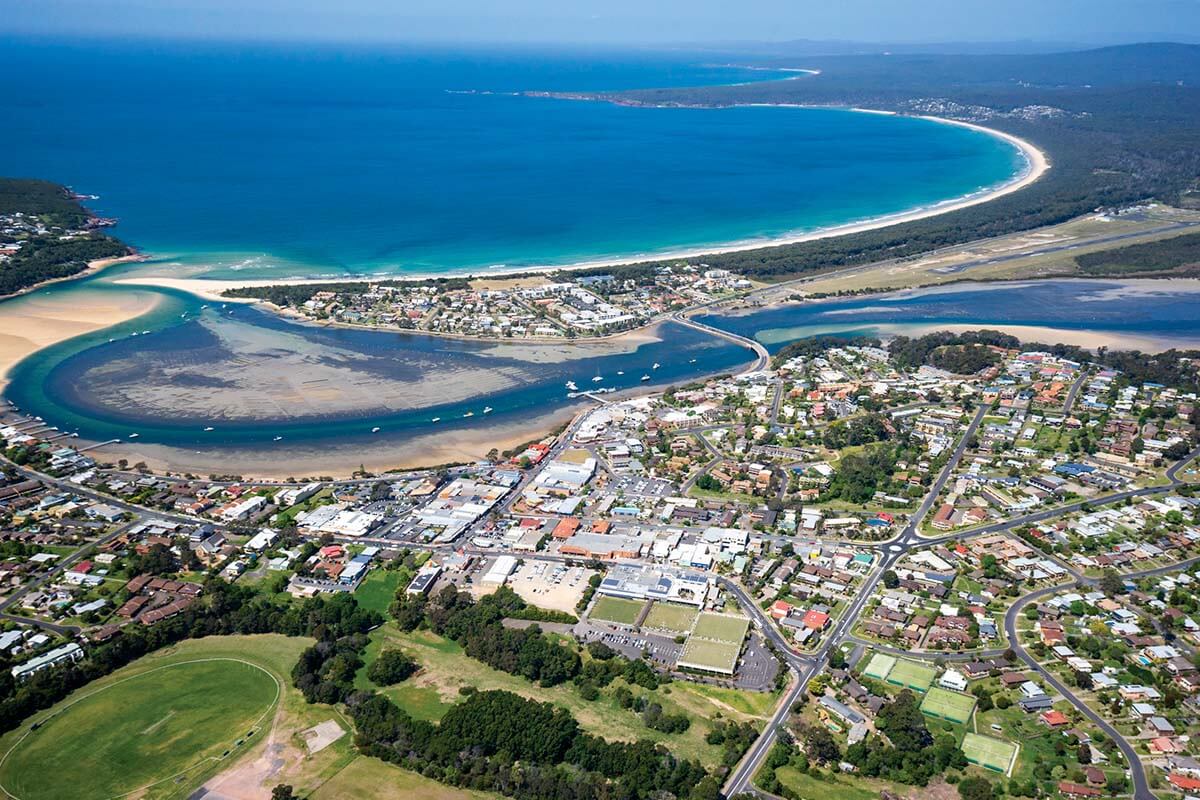Development applications now require less input from other government agencies as we build a faster, simpler, more efficient planning system.
When reviewing a development application, planning authorities such as councils must consider a range of effects development may have on traffic, bushfire risks, pollution, infrastructure and building design, and safety.
The nature of these effects may require advice or agreement from another NSW Government agency, or between councils. These requirements are known as concurrences and referrals.
Development referrals guide
The Development referrals guide (PDF, 7.2 MB) helps councils and applicants understand if a development application requires input from a referral authority. It explains when to seek concurrence, make a referral or apply for an integrated development approval.
The guide shows how to:
- navigate the integrated development, concurrence and referral process
- produce better development applications, leading to faster assessments
- apply the referral provisions.
Changes for Transport Oriented Development Accelerated Precincts
The NSW Government has changed some concurrence and referral provisions for Transport Oriented Development (TOD) Accelerated Precincts.
The changes introduce a 3-year exemption from certain concurrence and referral provisions that are not considered high-risk to streamline development assessment and housing delivery in the TOD precincts.
An Explanation of Intended Effect outlining the proposed changes was exhibited for public feedback from 9 July to 23 August 2024. The changes come into effect on 27 November 2024.
Visit the NSW Planning Portal for more information on these changes.
2021 changes
Simpler concurrence and referral requirements
We simplified requirements through concurrence and referral changes (PDF, 951 KB) in 16 state environmental planning policies (SEPPs) and 16 local environmental plans. These changes include:
- removing some provisions (legal conditions)
- replacing some concurrences and referrals with alternate requirements that achieve equal or better outcomes
- refining some concurrences and referrals so they apply only to development proposals requiring case-by-case review.
The updated requirements began on 26 November 2021 through the SEPP Amendment (Miscellaneous) 2021.
We developed the changes in consultation with key councils and authorities who receive concurrence and referral requests.
Requests are now lodged through the NSW Planning Portal
All requests must now be lodged and processed through the NSW Planning Portal, including:
- integrated development applications
- concurrence
- statutory referrals seeking advice or other response.
This requirement began on 26 November 2021 through the Environmental Planning and Assessment Amendment (Consultation, Concurrence and Approval) Regulation 2021.
Benefits
The changes help development applications and planning proposals move through the planning system more efficiently. We have removed unnecessary referrals to make development assessment simpler.
Decisions and strategic planning will be delivered earlier. Overall assessment will be faster, lowering costs for proponents and planning authorities.
More information
For more information, phone 1300 305 695.
If English is not your first language, phone 13 14 50 and ask for an interpreter in your language.
